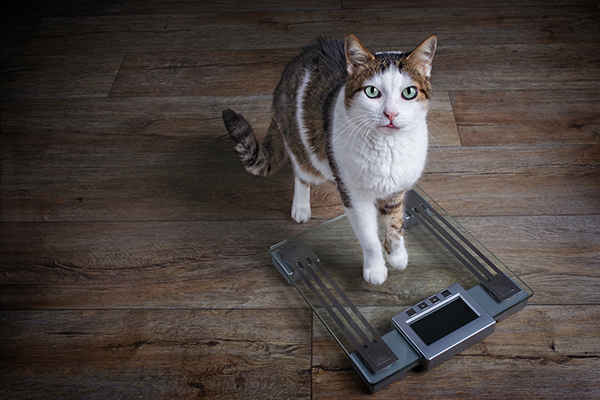Why Is My Cat Losing Weight Suddenly?
Most pet parents worry about their cat gaining weight, not losing weight. It is especially puzzling if your cat has a ravenous appetite, but they appear to have lost several pounds. Unintentional weight loss in your cat signifies a problem that you need to investigate.
Your cat could be losing weight because they are sick. It could be anything from diabetes to hyperthyroidism. You should be concerned about your cat losing weight if other specific symptoms accompany the weight loss.

It is better to be safe when it comes to your cat’s health. If your cat is losing weight (see video) and it does not appear to be healthy, you should make an appointment with your veterinarian right away. Read below to discover why your cat is losing weight suddenly.
When Should I Be Worried About My Cat Losing Weight?
If your cat is on a specific diet for their health and loses a few pounds, it is a good thing. However, if your cat loses weight unexpectedly, there may be an underlying health issue. Some of the significant health concerns that may arise if your cat suddenly loses weight include:
Diabetes Mellitus
Diabetes in cats refers to the body being unable to process insulin properly. There are three types of diabetes mellitus, including Type 1, Type 2, and Type 3. Type 1 diabetes is triggered by insufficient production of insulin. Type 2 is caused by the body’s improper response to insulin.
Type 3 diabetes in cats arises from insulin resistance initiated by other hormones and may be due to pregnancy or hormone-secreting tumors. One instance would be pancreatic adenocarcinoma.
Diabetes mellitus can affect cats at any age and of either sex. However, it is more common in middle age or older neutered male cats. The typical age that diabetes occurs in cats is seven years of age or older. Diabetes mellitus causes the tissue to be unable to utilize glucose.
It occurs from high sugar levels in their system, insufficient distribution of sugars to the tissues, and changes in their metabolism.
Some of the major symptoms of diabetes mellitus in cats includes:
- Increased thirst
- Increased urination
- Inappropriate urination
- Increased appetite
- Weight loss
- Vomiting
- Lack of energy
- Poor coat quality
A low carbohydrate diet is best for cats with diabetes. You need to make sure that they are getting the protein and amino acids they need. The primary treatment is insulin therapy. A combination of insulin and dietary therapy can help your cat immensely.
Hyperthyroidism
Hyperthyroidism primarily affects cats who are middle-aged or older. The thyroid is an organ that is butterfly-shaped and present in the throat. It generates hormones that are responsible for many functions, including controlling the body’s metabolism.
Hyperthyroidism is initiated by a rise in thyroid hormones, which results in an elevated metabolic state. High levels of thyroid hormone can send the cat’s body into overdrive.
This overactive state puts considerable strain on the cat’s organs, namely the heart. If left untreated, hyperthyroidism can result in death. That is why you need to understand the symptoms of hyperthyroidism if your cat is affected by the disease:
- Increased appetite
- Weight loss
- Excessive thirst
- Increased urination
- Rapid heart rate
- Vomiting
- Diarrhea
- Poor coat quality
Hyperthyroidism causes cats to be ravenous, and they want to eat all the time, but they do not gain any weight. Some people feel that they can feed their hyperthyroid cat more, taking care of it.
It must be stressed that they will still be hungry no matter how much you feed a hyperthyroid cat. Fortunately, there are some viable treatment options available for the condition. These include:
- Medications – Your cat may be given medications to keep the thyroid from producing excess hormones
- Surgery – Your cat may undergo surgery to remove part or all of the thyroid gland
- Radio-iodine therapy – The iodine eradicates overactive thyroid cells without harming the surrounding tissues
Each cat is distinct in the way they respond to treatment. Therefore, you must discuss your treatment options with your veterinarian thoroughly before deciding.
Kidney Disease
Chronic kidney disease is common in elder cats. Your cats’ kidneys are not unlike your kidneys. They filter out waste and regulate electrolyte and water balance. If your cat’s kidneys are not functioning as they should, then other systems of the body can deteriorate. The significant signs of kidney disease in cats include:
- Weight loss
- Vomiting
- Increased thirst
- Increased urination
- Decreased energy
- Poor coat quality
Therapy for chronic kidney disease depends on the severity or progression of the illness. Some cats benefit from hospitalization initially, but cats at the onset of the disease will not need fluid support or intensive care.
If your cat is doing well, they can be home with you. Make sure they are drinking enough water and eating a healthy diet for their kidneys. Diet is essential in early chronic kidney disease.
There are plenty of foods that are safe for your cat and can help with their problems. Your vet will help prescribe the right food for your cat.
Inflammatory Bowel Disease
Inflammatory bowel disease is a common gastrointestinal condition in cats. There are many potential causes for this illness, including genetic predisposition, food allergies, and sensitivity to bacteria.
Inflammatory bowel disease affects your cat’s ability to absorb nutrients from their food. For some reason, Siamese cats are prone to having this disease, and middle-aged to older cats are also susceptible. Some of the symptoms of inflammatory bowel disease in cats include:
- Diarrhea
- Vomiting
- Blood in stool
- Fever
- Low energy
- Increased appetite
- Weight loss
Treatment for inflammatory bowel disease can vary. Your cat may be placed on a hypoallergenic diet. Many vets also prescribe a good pet probiotic to facilitate healing in the gut and the growth of beneficial bacteria.
Different immunosuppressants are often prescribed because they decrease the inflammatory cells in the body. In extreme cases, steroids may be another option. Antibiotics may be given to ward off infection, which can potentially trigger inflammatory bowel disease.
If Your Cat Starts Losing Weight, Contact Your Vet
It is concerning if your cat is losing a lot of weight in a brief time. If your cat is losing weight quickly or unexpectedly, these are valid health concerns, and a vet visit as soon as possible is essential.
Sudden weight loss can be a sign that your cat has an illness. Part of being accountable for a pet means that when your fur baby is sick and getting them the support, they need to live a happy and healthy life.
